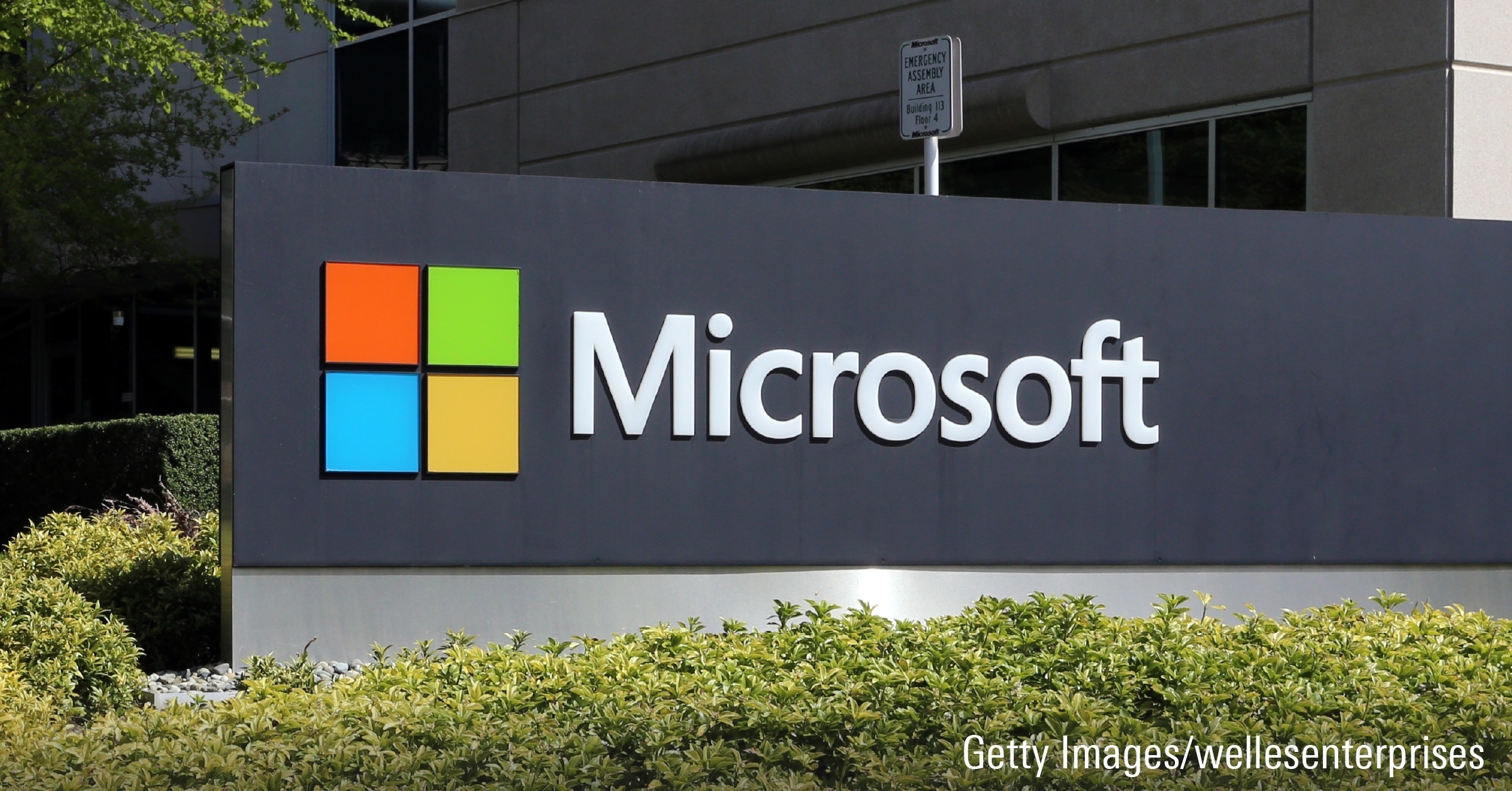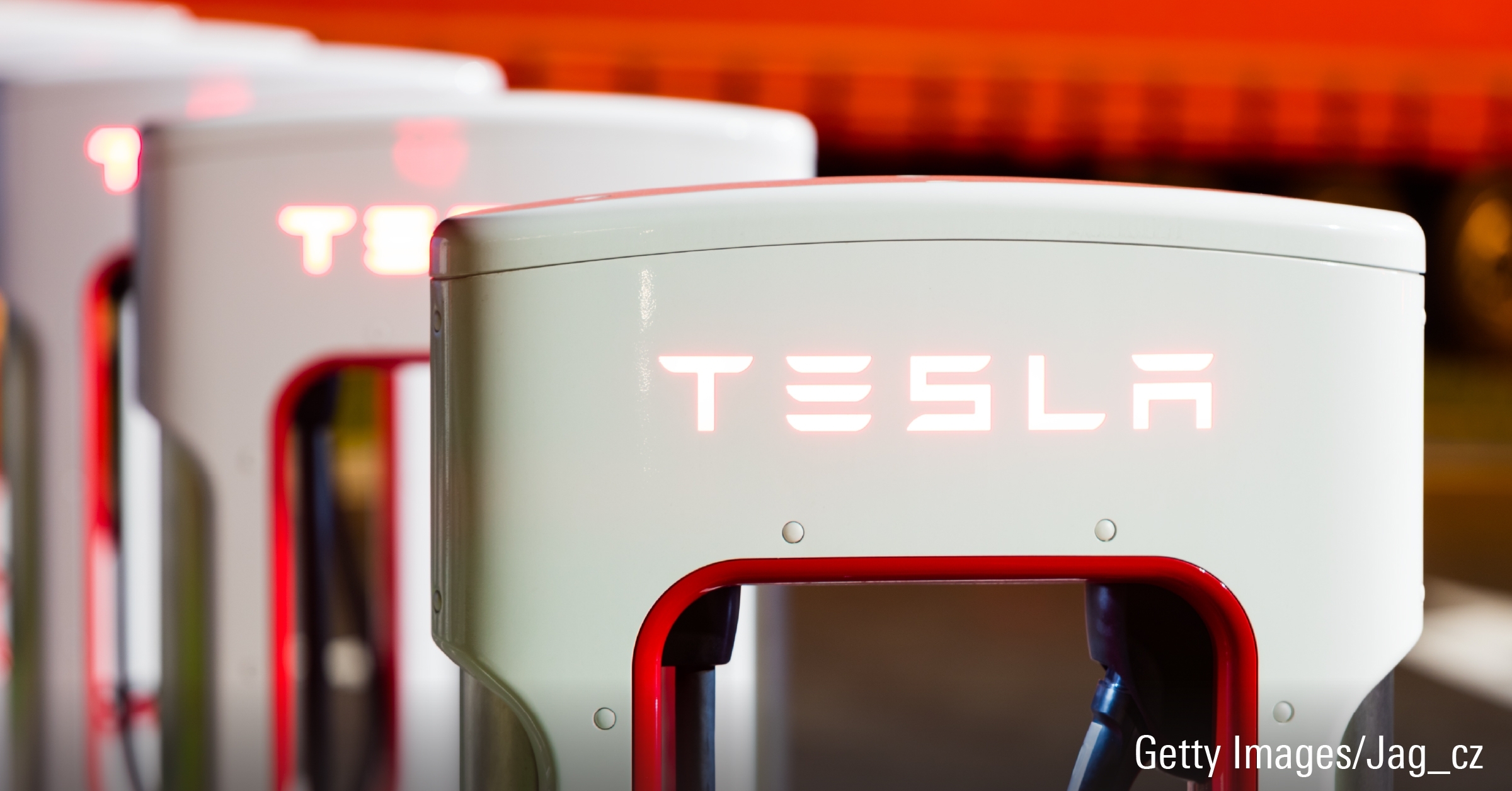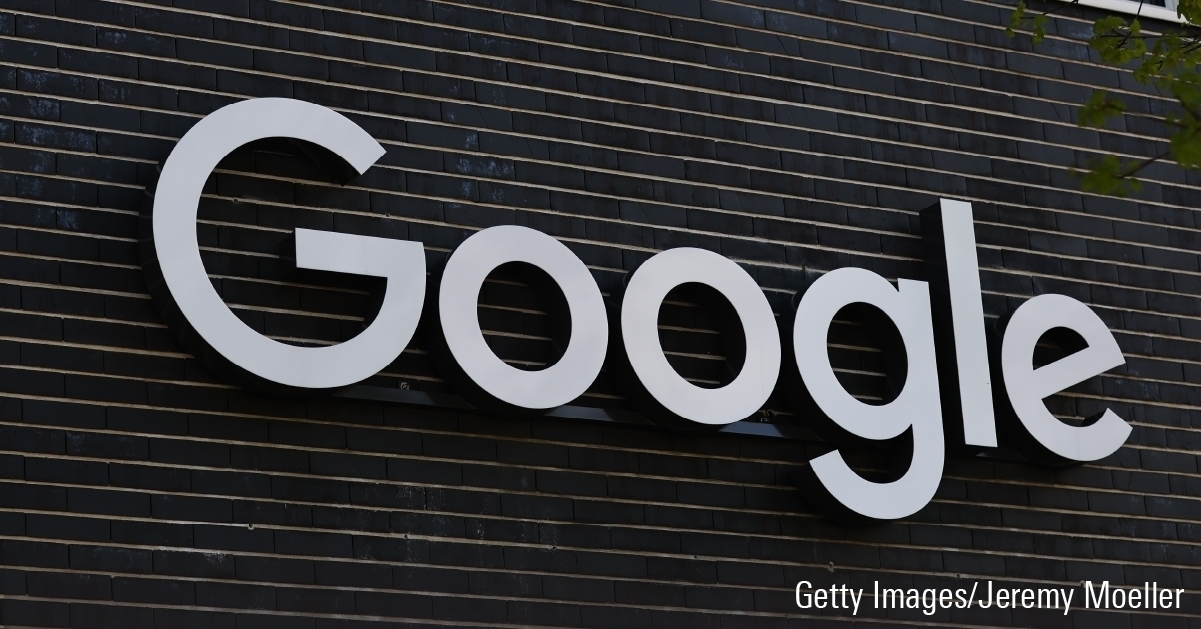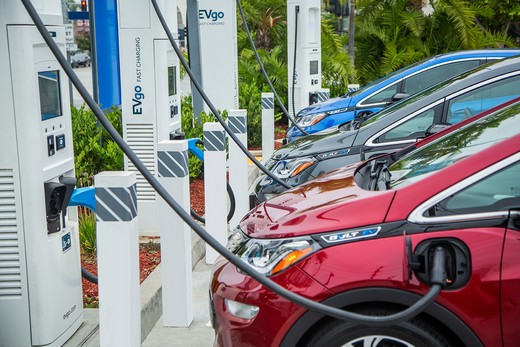
If the lofty dreams of renewable energy-powered, self-driving cars are realized, they may have the 2020 SPAC bonanza to thank for it. So far this year, a dozen U.S. companies that make electric vehicles (EVs), batteries and autonomous driving technology have announced SPAC deals that could bring in more than US$6.5 billion. Meanwhile, U.S. VC investment in mobility tech—a category that includes EV, ride-hailing and light detection and ranging companies—has totalled US$10.5 billion across 150 deals so far this year, according to Morningstar PitchBook data.
The blank-check activity is being powered by public investor demand, the capital needs of these R&D-heavy startups, and broad tailwinds for electrification. Arguably, there has never been a better time for makers of unprofitable and often unproven technologies to go public.
"Investors are willing to pay up for almost anything in the EV supply chain," said Morningstar senior equity analyst Seth Goldstein.
Tesla’s roughly US$400 billion market cap—nearly 13 times that of Ford—is a reminder of how receptive public investors are to EV companies. But it was electric truck maker Nikola that ignited this year's SPAC trend when it merged with a blank-check company backed by former General Motors executive Steve Girsky.
After the deal was announced in March, Nikola's stock soared and its market cap hit US$34 billion in June. The company's stock price fell significantly following fraud accusations by a short-seller and the resignation of its CEO. Nikola now trades at a market value of around US$8.6 billion, but the trend it started has persisted.
SPAC deals have since been struck by cleantech companies including EV makers Canoo, Hyliion, Fisker and Lordstown Motors, lidar specialists Luminar and Velodyne, and battery makers Romeo Power and QuantumScape.
"I think what you're seeing is a number of these EV players and also just mobility players in general ... just really being opportunistic," said Canoo CFO Paul Balciunas. Canoo, which is developing consumer and commercial electric vans, received interest from multiple blank-check suitors before striking a US$600 million deal with a Hennessy Capital-backed SPAC in August. The haul was more than enough to fully fund its consumer vehicle program.
The innovators of tomorrow's transportation needs have a hearty appetite for cash, which adds to the appeal of a SPAC merger. The burn rate for mobility tech companies is roughly four times that of software startups, said Asad Hussain, an emerging tech analyst at Morningstar PitchBook.
Solid-state battery maker QuantumScape raised $200 million from Volkswagen. Just a few months later, it opted to take in an additional $700 million through a reverse merger and associated PIPE investment.
Restrictions on IPOs
Another cause of the SPAC merger mania relates to the restrictions of an initial public offering.
In an IPO, companies can't offer financial forecasts, so most companies wait to show profitability or stellar revenue growth. But when Richard Branson's Virgin Galactic merged with a special-purpose acquisition company last year, it used projected revenue as a basis for its valuation.
The use of forward-looking multiples "opened up a whole new world as far as we were concerned in terms of the art of the possible for a SPAC," said Robert Mancini, CEO of RMG, which merged with Romeo Power. "A lot of high-growth companies would otherwise be waiting longer in order to go public," he added.
The reverse merger structure allows companies to articulate their story directly to investors, rather than rely on a bank analyst to tell the story, explained Canoo's Balciunas.
Demand from New Sources
Despite the risks of developing new electric vehicles, the tailwinds are significant. Driven by European and Chinese demand, electrified solutions are expected to grow from 8.4% of the global vehicle market in 2019 to 26.8% by 2025, according to investment bank Cowen.
Large fleet managers like Amazon, Walmart and UPS have signalled a desire to aggressively electrify their fleets—both to hit carbon emission targets and for the lower lifetime costs that EVs provide. And regulations in major markets like China, Europe and California continue to propel the technology forward.
"There's been this sense, historically, that the transition to EVs was always in the cards, but there was a bit of a question mark as to when that would occur," said Hussain. "I think we're at the tipping point."
In many ways, the SPAC drama is just beginning. Blank-check companies, which typically have two years to strike a deal, have raised more than US$37 billion through IPOs in the US so far this year, according to Morningstar PitchBook data.
With any financial boom, there's a risk that enthusiasm will give way to irrational exuberance. Nikola's dramatic fall from grace may serve as a cautionary tale.
"There's going to be a lot of capital chasing a limited universe of great deals," said Mancini.






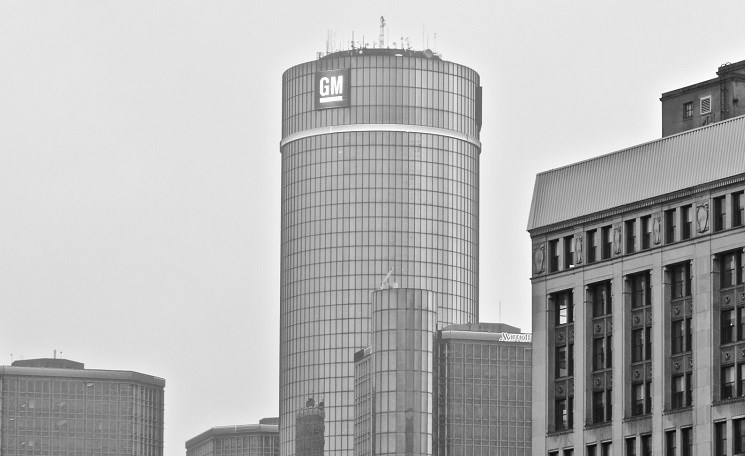
:quality(80)/cloudfront-us-east-1.images.arcpublishing.com/morningstar/347BSP2KJNBCLKVD7DGXSFLDLU.jpg)

